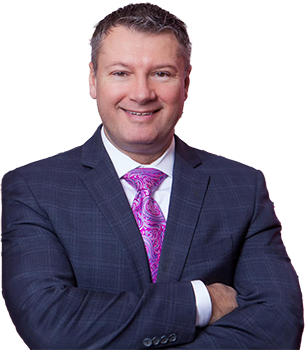The criminal justice system is not always about the prosecution and a defense lawyer arguing it out in court, the former with the goal of convicting the accused and the latter hoping for an acquittal. There are some instances when a case is smooth-flowing, mainly because the accused is guilty and is willing to face the consequences of their actions.
Criminal cases come in many forms. And depending on the situation, there are proper courses of action to take to yield the most favorable outcome.
Three Ways to Approach a Criminal Case
There are three classes of criminal cases, each approached by lawyers in a different manner. It can be that the defendant is guilty but was charged with a more severe crime, the defendant is guilty but is not sure how much evidence there is against them and therefore doesn’t want to plead guilty, or the defendant is guilty and wants to plead the same.
Accused of a Crime They Never Committed or Overcharged
There are many instances when an accused is charged with a crime they did not commit or is overcharged. This means that they are charged with a crime that is more severe than that they actually committed. The approach to take in each of these situations is different, depending on the facts of the case, the goals of the defendant, and the advice of a defense attorney.
Guilty But Doesn’t Want to Plead Guilty
Other times, an accused is guilty of committing the crime but is not sure the prosecution will be able to prove it. Hence, they choose not to plead guilty and rather, go to trial and abide by the process long enough to see the outcome and weigh their options.
Guilty and Wants to Plead Guilty
Another situation that can happen is an accused is charged with a crime that they know they committed. Often, the defendants themselves will want to admit to it and plead guilty to repair the damage caused or simply to do the right thing.
What Can Be Done if an Accused is Guilty?
If the accused is guilty of the offense charged and wants to plead guilty and admit to it in court, they have options when it comes to how to approach their case.
Determine Outcome Goals
The first step is determining their goals. What do they want to do or what outcome do they want to achieve? This is also the first thing that a defense lawyer would ask so that they can take the respective course of action.
Lawyers have a duty to listen to their client’s goals and provide guidance and advocacy along the process. As long as they are not unethical, lawyers can pursue those goals for their clients.
Admit to Wrongful Conduct Early
If an accused knows they are guilty of the offense and wants to plead guilty in court, admitting to it early on is the best thing to do. In situations like this, the prosecution, as well as the judge, will appreciate the defendant’s willingness to be held accountable for their actions and face the consequences.
The result is mitigation, which can take many forms. Typically, however, admitting to wrongful conduct early allows the accused to seek a more favorable plea agreement and a lesser sentence.
Work With an Experienced Lawyer
Each case is unique and can play out differently from others. For example, sometimes, admitting to wrongful conduct early or having remorse for their actions is not enough for the prosecutor to grant a more favorable plea agreement. A lot of different things can happen, depending on the facts of the case and of course, the discretion of the prosecutor.
There lies the importance of hiring an experienced criminal lawyer. An attorney is willing to listen to the accused, identify their goals, and explore the best options. They can craft a unique plan that serves their clients’ needs and restore trust with the prosecution, court, and community.

